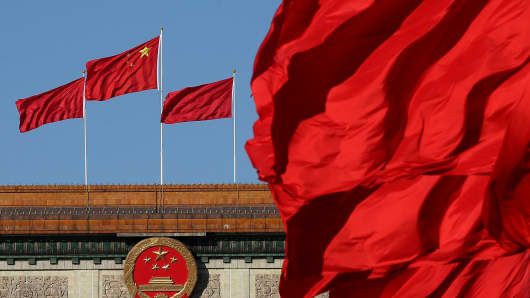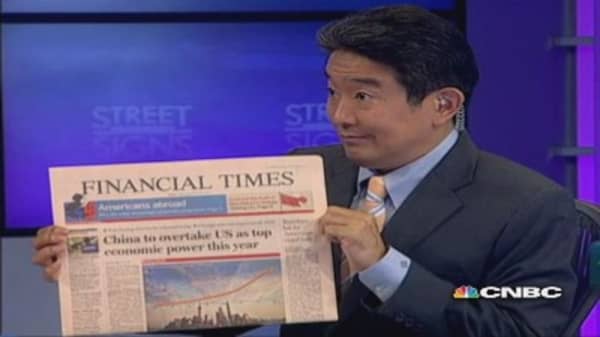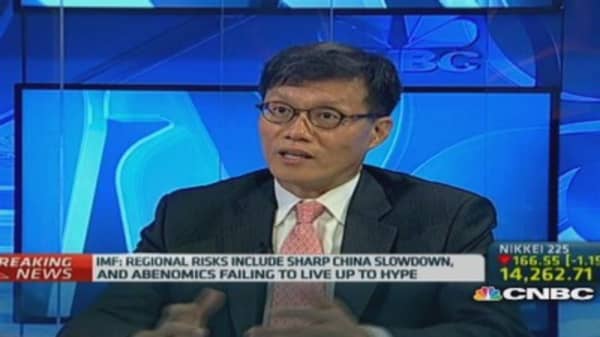Looking at the latest lackluster numbers from East Asia's major equity markets, I kept thinking of my American and European friends' unbridled enthusiasm about the region's future.
It also reminded me of an apocryphal one-liner attributed to the former French President General de Gaulle, who is reported to have said that "Brazil is the country of the future – and it always will be."
Misplaced transposition to East Asia? I sincerely hope so.
But here is what the markets' collective wisdom says.
Whether one looks at stock price indices in East Asia's three largest economies – China, Japan and South Korea – over the last twelve months, or since the beginning of this year, the negative or flat returns don't suggest faith in their future promise over the relevant investment horizons. In fact, in the cases of China and Japan market valuations of what these economies are offering have steadily deteriorated since the end of last year.
Read MoreChina, Japan key threats to Asia's economic outlook: IMF
Are the markets wrong? Again, I hope so, but please read on.
China is eternally misunderstood. That is partly because its appeal to patience and long-term investment strategies is an anachronism in financial markets of "flash boys" and high-speed traders.
Markets also seem genuinely confused by China leaders' publicly voiced anxieties. At times the official Beijing sounds overwhelmed by the task of directing the country's sweeping structural reforms while fine-tuning domestic demand to deliver an economic growth of 7.5-8 percent. And all that has to happen in the uncharted territory ruled by merciless forces of demand and supply.
Read MoreCramer blesses'this' China spec stock
That is the conceptual framework the Chinese are trying to work with. The ultimate arbiter of their success will be their self-imposed growth target, which is roughly reflecting the physical limits of their economy.
Playing China from the Fragrant Harbor
Markets are showing quirks of their own. Their strange fixations on Chinese numbers being tiny fractions above or below their betting estimates often look like mean "gotchas." And so do markets' futile attempts to uncover something that Beijing's authorities presumably don't know, or something they suspect them of trying to sweep under the carpet.






